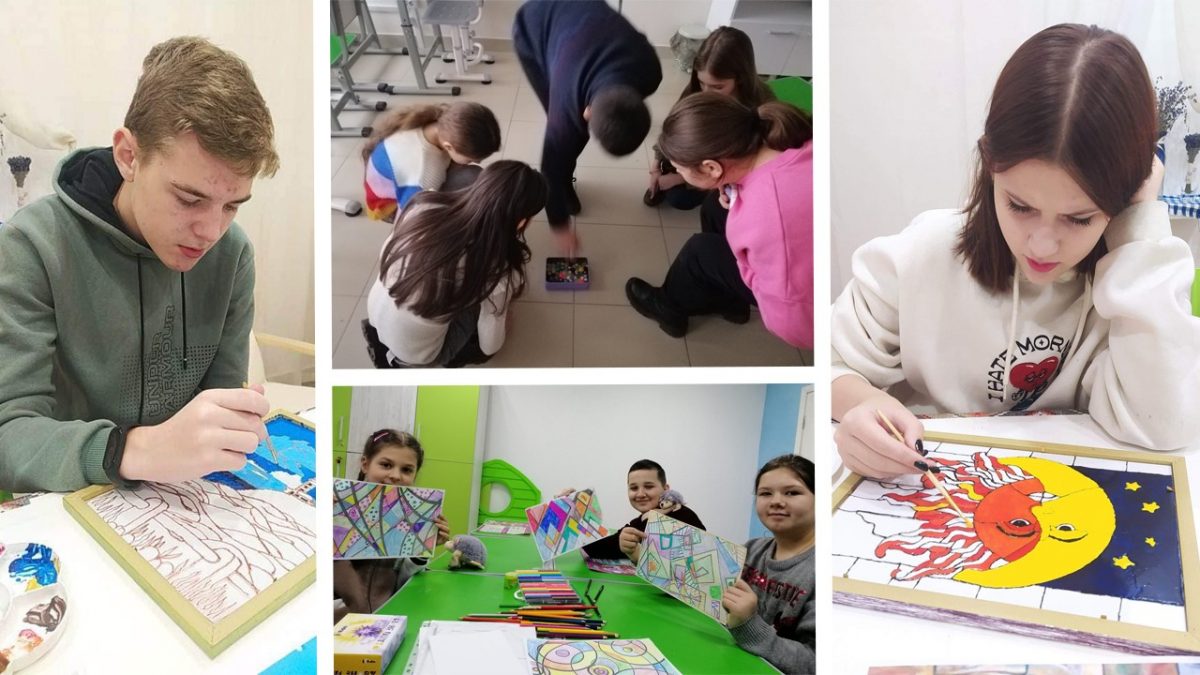About “hugs”, “own boundaries”, “respect” for a teenager and his/her “self-esteem”

The topic of teenagers, their emotional state, and relationships is very multifaceted. Here we will focus on hugs, personal boundaries, respect, and self-esteem.
At first glance, “self-esteem” is how you evaluate yourself. Yes, but not quite, because self-esteem is influenced by the opinions of those around you, the opinions of those you spend time with, the opinions of those you communicate with! This is a paradox.
At the stage of forming a teenager’s self-esteem, the attitude of parents and the immediate environment is important.
Pay attention to how you support your child. Do you often say the following phrases to him or her: “I love you!”, ‘I believe in you!’, ‘You will succeed!’, etc. Or do you only hear constant lecturing and criticism?
It often happens that as children grow up, they do not want to hug their families. They react sharply to attempts to hug, embrace, or kiss them. Especially when they try to hug them in front of their peers or friends.
There may be several reasons for this:



When raising a child, another very important aspect is to respect his or her limits and boundaries. This is the only way a child learns to build them in the future. It is also very important to remember that you should not “love” through force and at the same time get angry and lecture, especially when the child is moving away (separating) from the parental home.
Respect for a child means knocking before entering a teenager’s room. And not to unceremoniously burst into his or her space and shout something like: “you live in my house and my rules are here!” or: “my parents’ family did not do this and I will not do it!”, or: “I didn’t do that and I won’t let you do that!”
If we, parents and relatives, respect the child, he or she will learn to do the same with others. He or she will have the courage to say “no” when needed in adult life. They will be aware of their personal limits and boundaries and respect others.
It is through simple things, through our adult relationship to someone or something, to something and with something, that a teenager’s self-esteem is formed.
Establishing a strong bond with your child is very important! And you need to work on it from the moment the child is born. So that in adolescence, when they are “stormy”, “hormones are raging”, children are distant (separated from home), you, as parents, do not lose authority, and your child still finds support and unconditional love from you! So that in this teenage “storm” you can be the support on which they can lean in this difficult time for everyone!
Olena Gerzheniy, psychologist, Gestalt consultant.


